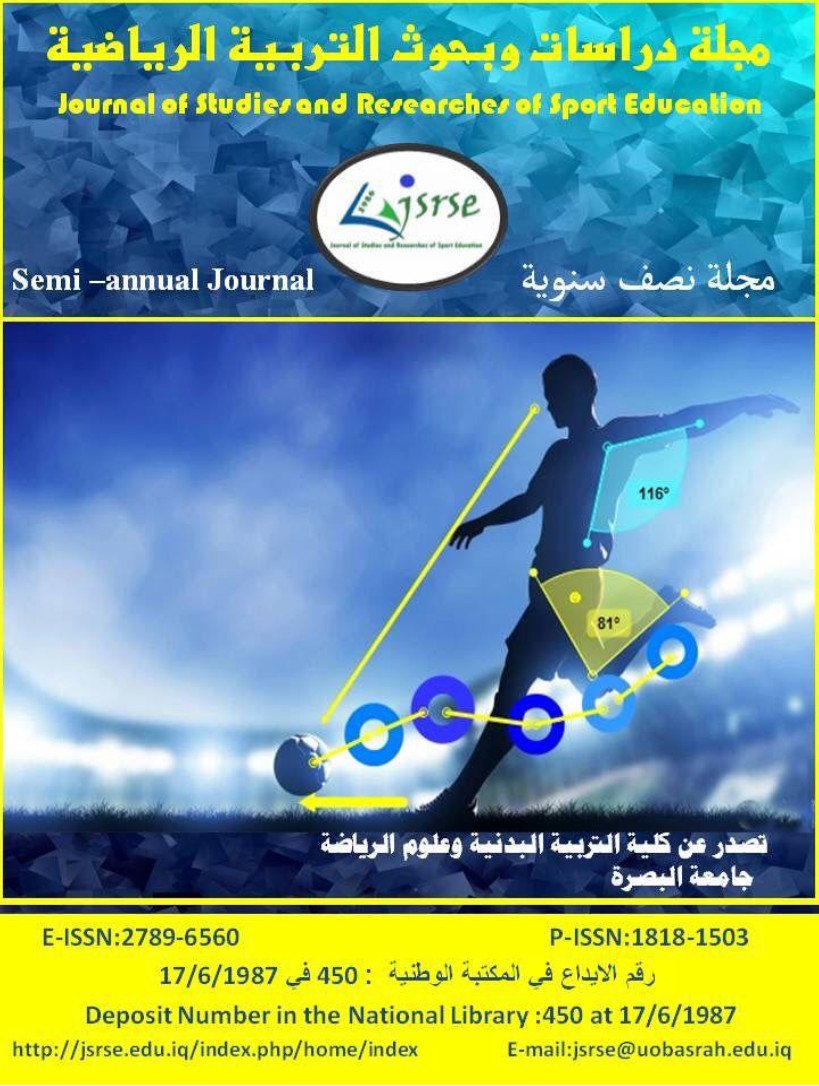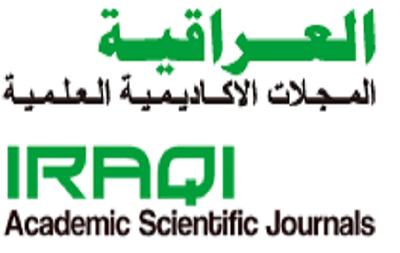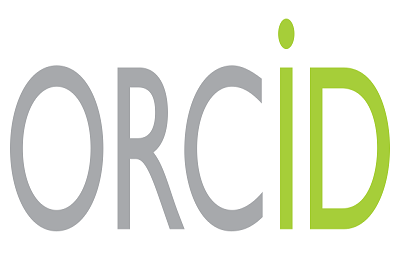Perceived Self-Efficacy and Its Relationship to Dexterous Thinking Among Third-Stage Female Students in the College of Physical Education and Sports Sciences - University of Basra
Main Article Content
Abstract
The aim of the study is to identify the perceived self-efficacy, as well as to identify dexterous thinking among them and to identify the relationship of perceived self-efficacy with dexterous thinking. For the example, the researchers hypothesized the existence of a statistically significant correlation between the measure of perceived self-efficacy and the measure of dexterous thinking.
The researchers used the descriptive approach, and the research sample was selected from the third-stage female students in the College of Physical Education and Sports Sciences / University of Basra for the academic year (2021-2022 AD), where the number of the research community was (76) students, while the research sample was randomly selected. (20) female students, i.e. (26.316%), and after completing the main experiment and conducting statistical treatments, the following conclusions were reached: There is a positive relationship between the perceived self-efficacy measure and skillful thinking measure. The research sample achieved a good level of dexterous thinking. The research sample was characterized by a great deal of perceived self-efficacy. The researchers recommend the need to enhance self-confidence and create a state of dialogue within the educational situation at the university in a manner commensurate with the spirit of the times and concepts.
Article Details

This work is licensed under a Creative Commons Attribution-NonCommercial 4.0 International License.
References
Aldewan, L. H., & Aboud, R. M. (2015). The impact of a proposed curriculum lessons Educational motor using effective teaching In the development of creative thinking for the children of the preparatory stage. Journal of Studies and Researches of Sport Education, 42, 32–48. https://www.iasj.net/iasj/article/104025
Aldewan, L. H., & muhamad, rawaa. (2011). Measuring some General Thinking Patterns of Five-a-side Woman Players in West Asia championship. Journal of Studies and Researches of Sport Education , /(29), 9–25. https://www.iasj.net/iasj/article/51787
Aldewan, L. H., Noori, A. B., & Oda, M. J. (2022). The influence of the rofini model on learning some basic skills and sensory perceptions in the game of female tennis. Journal of Studies and Researches of Sport Education, 32(1), 16–27. https://doi.org/https://doi.org/10.55998/jsrse.v32i1.285
Al-Lahham, R., & Al-Adwan, F. (2022). Perceived self-efficacy and its relationship to psychological well-being among University of Jordan students. College of Education Journal, 38(2).
Çimen, E. (2022). The relationship between general self-efficacy and efficacy perception for skill teaching. Revista on Line de Política e Gestão Educacional, e022031. https://doi.org/10.22633/rpge.v26iesp.1.16507
Farhan, A. (2014). Constructive learning for people with dexterous thinking and its effect on dexterous thinking and its impact on achievement and learning the skills of crushing hitting and the wall of shell in volleyball. College of Education and Sports Sciences for Girls.
Hellige, J. (2001). , Hemispheric Asymmetry , Whats Right and Whats left (2nd ed.). First Harvard University Press.
Ibrahim, A. (2022). Life Satisfaction and its Relation to Self-Efficacy of Students in the College of Physical Education and Sports Sciences/ Tikrit university. Sport Culture, 13(1), 139–152.
Mashkoor, N., Obaid, A., & Ali, A. (2017). The impact of the use of an integrated approach in learning the effectiveness of the payment of gravity for the students of the first stage. Journal of Studies and Researches of Sport Education, 51.
Muhammad, Q. (2004). Judgment and Ola are prone to decision-making among university students. University of Baghdad.
Mustafa, B. (2015). Cognitive Motivation and its Relationship to Its Beginning in an Image Resulting from the Self-Image in the Post-Preparatory Stage in the Nazareth Region. Amman University.
Oudah, M. J., Aldewan, L. H., & Hchaya, H. M. (2022). Building a Scale of Systems Thinking in Tennis. Journal of Studies and Researches of Sport Education, 32(2), 18–27. https://doi.org/https://doi.org/10.55998/jsrse.v32i2.341
Saaed, F. (2012). The relationship between perceived self-efficacy, metacognitive reasoning, and academic achievement.
Shehata, M. (2011). Measuring Personality. Dar Al-Masirah for Publishing and Distribution.





 IASJ
IASJ CC-BY-4.0
CC-BY-4.0 turnitin
turnitin ISSN
ISSN DOAJ
DOAJ Crossref
Crossref GoogleScholar
GoogleScholar Orcid
Orcid